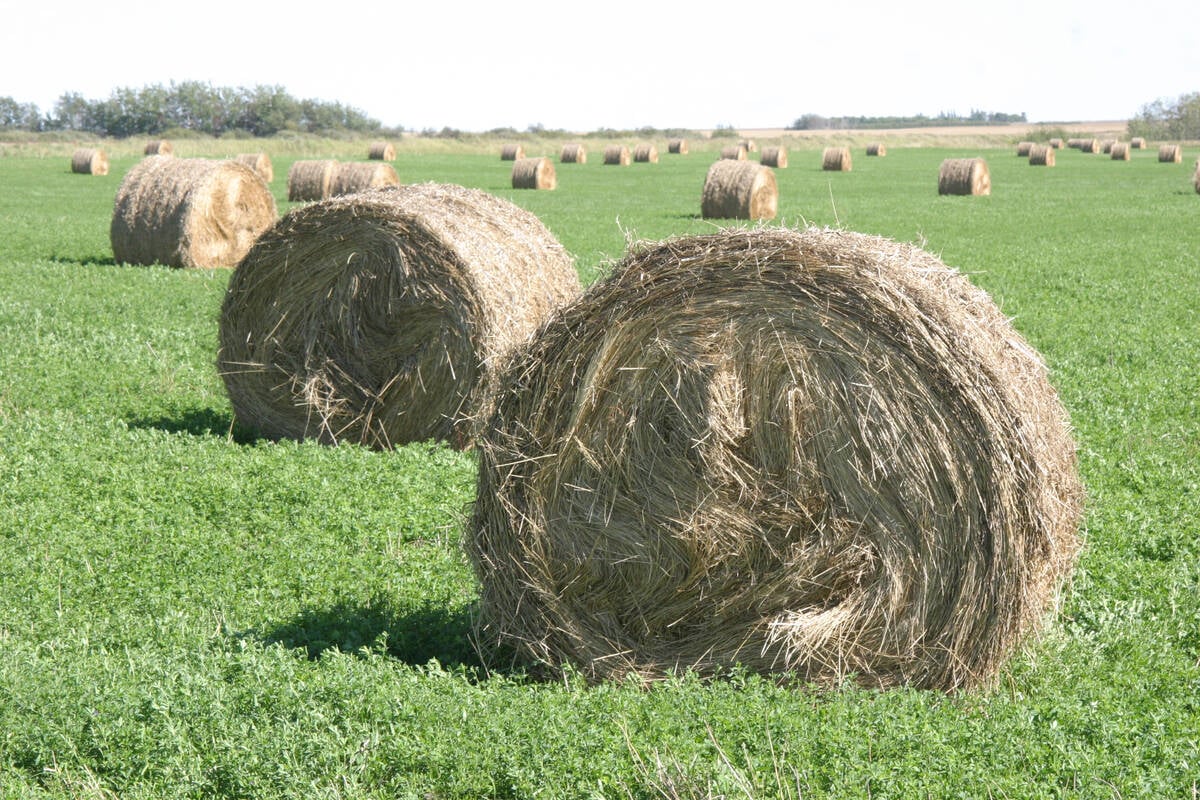TABER, Alta. – Whoever first spoke the famous phrase ‘It’ll never amount to a hill of beans’ never visited southern Alberta.
With the opening of a second Alberta Pool bean plant here, Ed White’s dream of 50,000 acres of dry beans grown in Alberta is coming true.
Bean contracts will total 35,000 acres in 1995.
The Taber plant is 6,300 sq. metres and has a storage capacity of about 23 million kilograms. Combined with a capacity of 19 million kgs for a Bow Island plant, Alberta Pool has become the largest vertically integrated bean business in North America, said White, head of the co-operative’s bean enterprise.
Read Also

Breaking down successful winter feeding into six steps
It’s that time of year when it is important to start planning for a cow herd’s winter feeding program. Here are six steps I think are necessary to consider when getting your feed tested.
The second plant started processing beans in February, said Larry Slywka, manager of the Taber operation.
More than 90 percent of the beans grown in Alberta are destined for the United States, Mexico, Spain, Africa and Latin America. In the last 15 years the pool has sold dry beans into 58 countries.
Pool is major contractor
The pool contracts 76 percent of all the beans grown here. Two small American-owned firms contract another 7,000 acres and export the beans to the U.S.
The pool is now chasing the lucrative refried bean market, one of the fastest growing areas for the industry.
As more chili and taco restaurants spring up in Canada, pro-cessed beans could find a home in the fast food business here.
But the big enchilada is the U.S.
While each Canadian eats about one kilogram of beans per year, Americans consume about 3.5 kilograms per capita, and the amount is rising.
“This consumption is increasing because of the influx of Spanish-speaking people,” said White. The latest statistics say one out of every eight Americans is of Spanish descent. Among many of these people, beans are a food staple.
To meet demands of the burgeoning market, Alberta Pool is developing a dehydrated refried bean for restaurants and hotels.
If market studies pan out, a plant to process the beans will be set up in Alberta, said Peggy LeSueur-Brymer, who heads the project.















